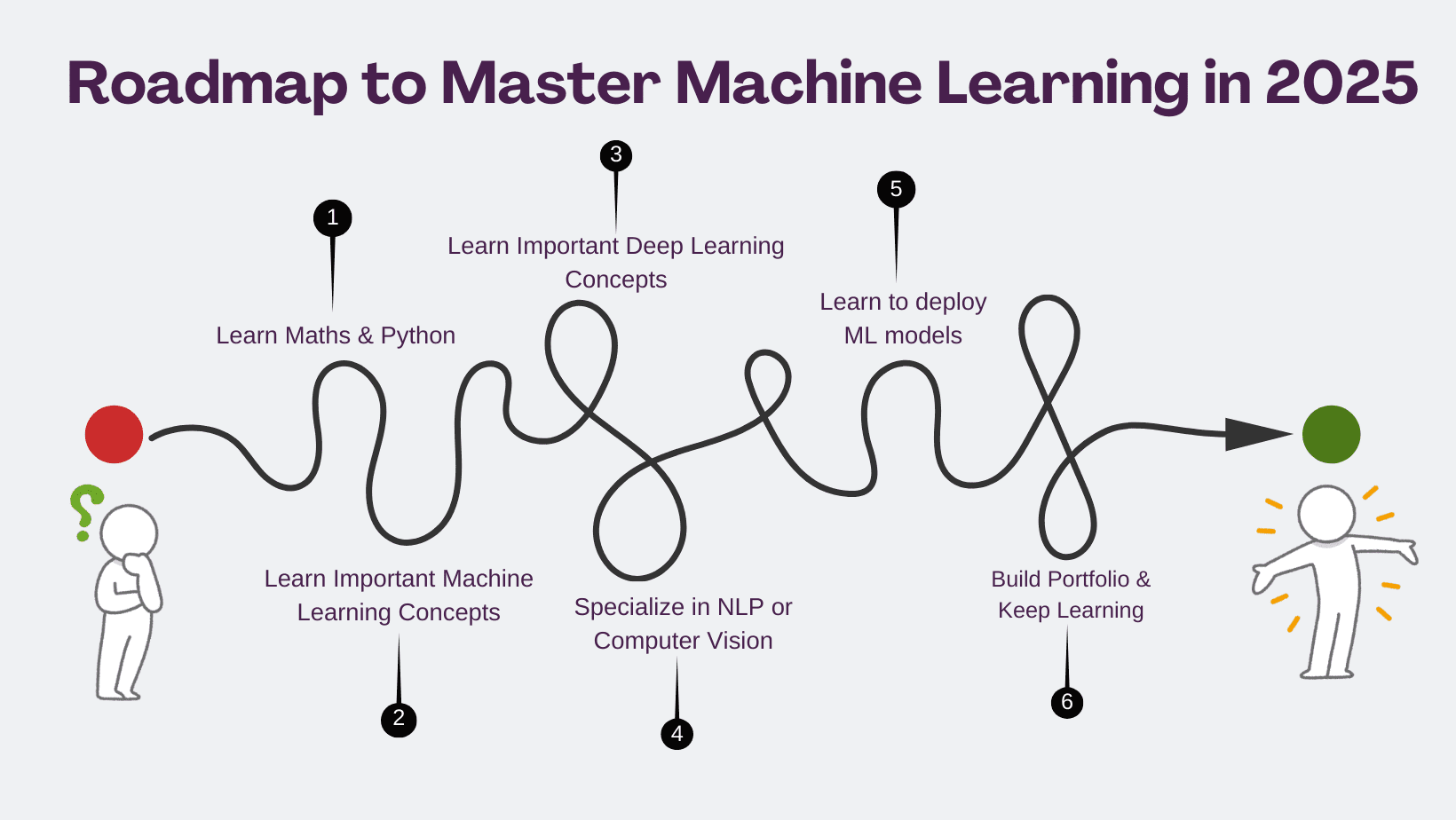How Do Real Estate Listings Benefit from AI Calls?
The real estate industry is evolving unprecedently, with technology playing a crucial role in reshaping how businesses operate. Among the many advancements transforming this sector, AI-powered calls stand out as... The post How Do Real Estate Listings Benefit from AI Calls? appeared first on Bigly Sales.

The real estate industry is evolving unprecedently, with technology playing a crucial role in reshaping how businesses operate. Among the many advancements transforming this sector, AI-powered calls stand out as a groundbreaking innovation.
AI calls are a game-changing solution that addresses some of the biggest challenges in real estate listings, from managing inquiries to qualifying leads and delivering personalized client experiences.
For decades, real estate professionals have relied on traditional methods of communication: answering phones, sending emails, and following up on inquiries manually. While these methods have served their purpose, they often fall short in today’s fast-paced world, where buyers and sellers expect instant responses and seamless interactions.
This is where AI calls come into play. These AI systems automate and enhance communication, ensuring no opportunity slips through the cracks.
In this article, we’ll take a deep dive into how AI calls work, the specific benefits they bring to real estate listings, and how you can implement them effectively in your business. By the end, you’ll see why AI calls are no longer just an option—they’re a necessity for success in modern real estate.
What are the Challenges of Managing Real Estate Listings?
Before we dive into how AI calls are changing the game, it’s important to understand the pain points they address. Managing real estate listings involves juggling multiple tasks—responding to inquiries, scheduling property viewings, following up with leads, and more. For many agents, this process is time-consuming, labor-intensive, and fraught with inefficiencies.
One of the biggest challenges is delayed responses. Buyers and renters often inquire about properties during off-hours or weekends, and without an immediate reply, they may lose interest or move on to another listing. Agents can’t be available 24/7, leading to missed opportunities that could have been turned into sales.
Another challenge is lead qualification. Not every inquiry represents a serious buyer or seller. Many leads are “just browsing,” and agents end up wasting valuable time chasing prospects that aren’t ready to make a decision. This inefficiency slows down the sales process and takes attention away from high-priority leads.
Finally, personalization is a significant hurdle. Buyers and sellers today expect a tailored experience, with recommendations and communication that reflect their unique needs and preferences. However, with limited time and resources, many agents struggle to deliver this level of service, leading to dissatisfaction and lost trust.
These challenges highlight a critical need for smarter, faster, and more scalable solutions—and that’s exactly what AI calls offer.
What are AI Calls, and How Do they Work?
AI calls are intelligent, automated phone systems powered by advanced technologies like natural language processing (NLP) and machine learning. Unlike traditional automated call systems that rely on pre-recorded messages or rigid scripts, AI calls can engage in dynamic, human-like conversations. They understand context, recognize intent, and adapt their responses in real time to provide a seamless and natural interaction.
Here’s how AI calls typically work in the context of real estate:
- Lead Engagement: When a prospective buyer submits an inquiry online or clicks on a property listing, an AI system can immediately initiate a call to acknowledge their interest. This instant response ensures that the prospect feels valued and engaged right away.
- Conversation and Qualification: During the call, the AI system asks targeted questions to gather information about the buyer’s preferences, budget, timeline, and other relevant details. Based on this input, the AI can determine whether the lead is qualified and ready to proceed.
- Personalized Recommendations: Using data from the conversation, the AI can suggest additional listings that match the buyer’s criteria, enhancing their experience and increasing the likelihood of a sale.
- Follow-Up and Scheduling: AI systems can also handle follow-up tasks, such as scheduling property viewings or sending reminders. By automating these processes, agents can focus on closing deals rather than managing logistics.
AI calls are available 24/7/365, meaning they can handle inquiries at any time of day or night. This is especially valuable for reaching international clients or accommodating prospects with busy schedules. The result is a streamlined, efficient process that benefits agents and clients.
How AI Calls Benefit Real Estate Listings?
The advantages of AI calls go beyond automation. They bring transformative benefits that address the core challenges of managing real estate listings and drive better results for agents and agencies.
- Instant Responses to Inquiries: In real estate, timing is everything. A delayed response can mean the difference between closing a deal and losing a lead to a competitor. AI calls eliminate this risk by responding to inquiries instantly. Whether it’s midnight or a weekend, the system is always ready to engage with prospects, ensuring no lead is left waiting.
- Smarter Lead Qualification: One of the most time-consuming aspects of real estate is sorting through inquiries to identify serious buyers. AI calls streamline this process by asking qualifying questions and analyzing the responses in real time. For example, the system might ask about the buyer’s budget, desired property size, and preferred location. Leads that meet the criteria are flagged for follow-up, while others are categorized accordingly. This ensures that agents focus their efforts on high-priority prospects.
- Enhanced Personalization: AI calls excel at delivering personalized experiences. By analyzing data from previous interactions, the system can tailor its responses and recommendations to the individual’s needs. For instance, if a buyer is interested in three-bedroom homes with a pool, the AI can prioritize listings that match these preferences. This level of personalization builds trust and strengthens the client relationship.
- Scalability for High-Volume Listings: Managing a large portfolio of listings can be overwhelming, especially during peak seasons. AI calls provide a scalable solution, allowing agencies to handle thousands of inquiries simultaneously. This scalability ensures that no matter how many leads come in, each receives prompt and professional attention.
- Cost and Time Savings: By automating routine tasks like answering FAQs and scheduling appointments, AI calls reduce the need for human resources. This lowers operational costs and frees up agents to focus on strategic activities, such as negotiating deals and building client relationships. Over time, these efficiencies translate into significant cost savings and higher profitability.
- Improved Client Satisfaction: Clients value responsiveness, professionalism, and personalized attention—all of which AI calls deliver. By addressing inquiries promptly and providing tailored recommendations, AI calls create a positive impression and enhance the overall client experience.
Implementing AI Calls in Your Real Estate Business
If you’re ready to integrate AI calls into your real estate operations, here’s how to get started:
- Select the Right AI Platform: Look for a platform that offers robust NLP capabilities, seamless CRM integration, and features like appointment scheduling and analytics. Ensure the system is user-friendly and adaptable to your specific needs.
- Customize Scripts and Workflows: AI systems are most effective when they reflect your brand voice and local market knowledge. Take the time to customize scripts and workflows to align with your agency’s goals and audience.
- Train Your Team: While AI can handle many tasks, human agents still play a vital role in the real estate process. Train your team to work alongside AI systems and use the insights they provide to enhance their performance.
- Monitor and Optimize: Regularly review the performance of your AI calls using metrics like response times, lead conversion rates, and client feedback. Use this data to make continuous improvements and maximize the system’s effectiveness.
Conclusion
AI calls are revolutionizing the way real estate listings are managed and marketed. They address long-standing challenges like delayed responses, inefficient lead qualification, and lack of personalization, offering a smarter, faster, and more scalable solution.
By adopting AI calls, real estate professionals can improve client satisfaction, close deals more efficiently, and stay ahead in an increasingly competitive market.
The post How Do Real Estate Listings Benefit from AI Calls? appeared first on Bigly Sales.
What's Your Reaction?
































